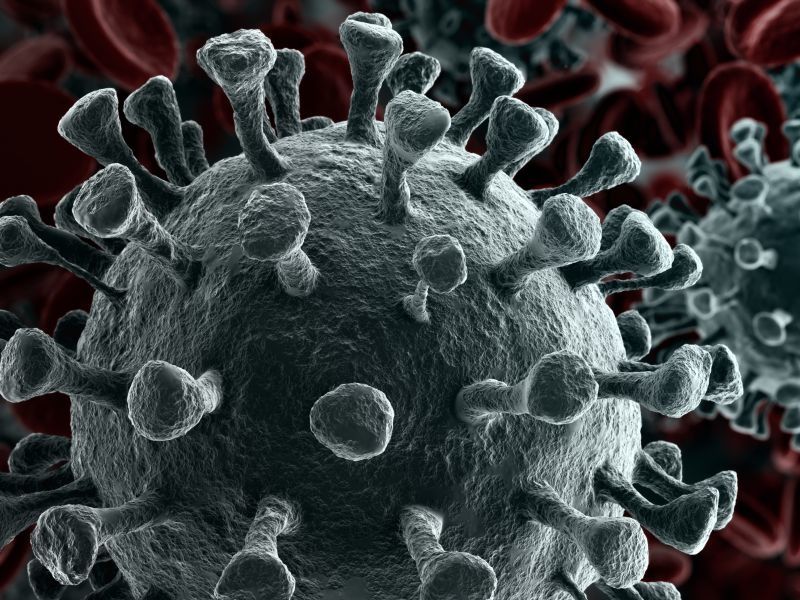
The U.S. Food and Drug Administration on Thursday proposed a ban on menthol cigarettes, a move that the agency has tried before and one that public health experts and civil rights groups have pushed for years. Menthol cigarettes have been marketed aggressively to Black Americans for decades: About 85% of Black smokers use menthol brands,… read on > read on >






























